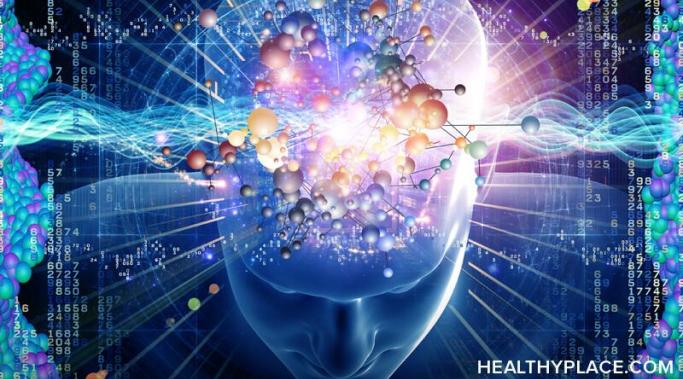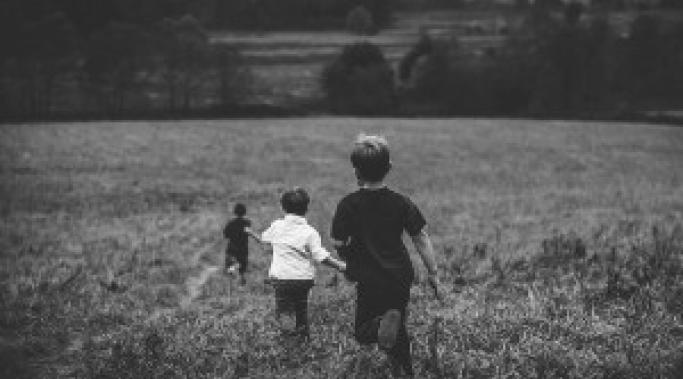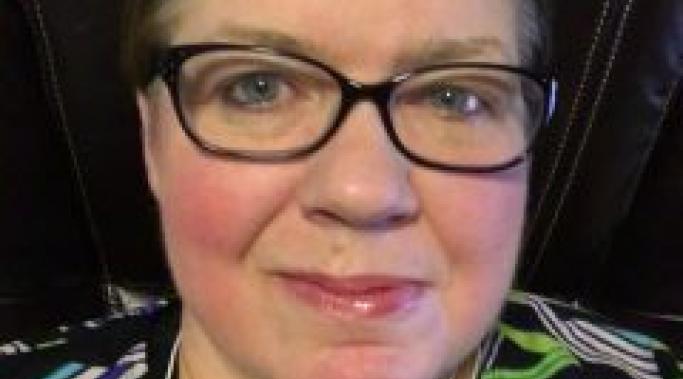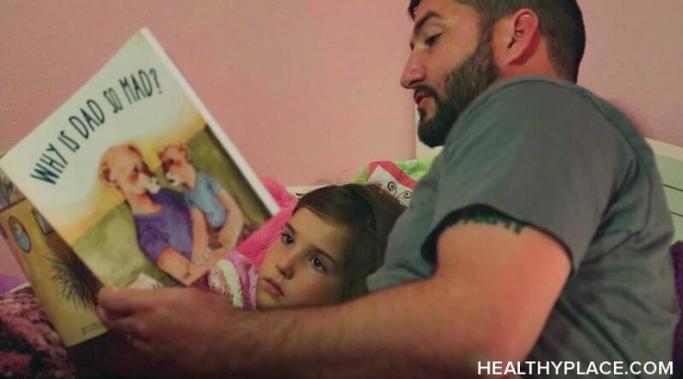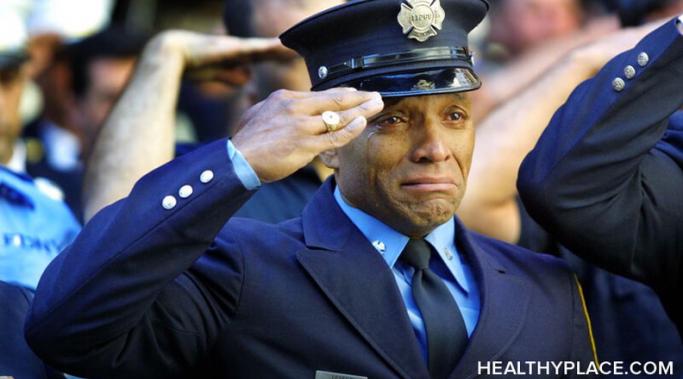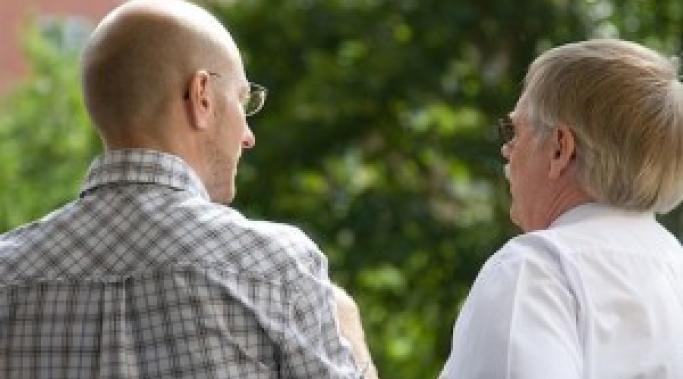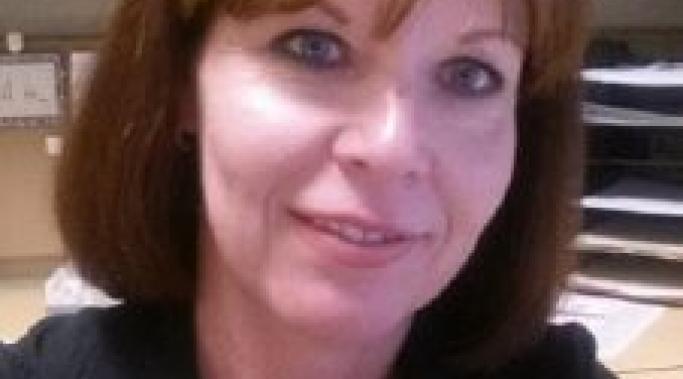My posttraumatic stress disorder (PTSD) brain keeps me busy to avoid pain. Your PTSD brain could help you avoid pain in a very different way. The diversity found in the coping mechanisms people develop in posttraumatic stress disorder (PTSD) continues to surprise me. In my case, constant thinking was one way my PTSD brain protected me.
PTSD Videos
I have a bad habit and it's about posttraumatic stress disorder (PTSD)-related avoidance. I make plans with the best of intentions, only to cancel them at the last minute. Does this sound familiar to you? As many times as this has happened, I continue to experience a disconnect between the willingness to participate in an event when I make plans, and the utter desire to avoid leaving my room when it is time to go. However, I have found that breaking outings into steps reduces PTSD-related avoidance.
When a parent experiences posttraumatic stress disorder (PTSD), it is important to understand the potential impact this can have on the children, including the possibility of secondary-traumatic stress. While children can have negative reactions when a parent suffers from PTSD, they can also thrive and develop unique strengths (A Parent with PTSD Can Affect the Whole Family). Watch as my oldest son offers his unique perspective on growing up when a parent has PTSD.
Hi, my name is Tia Hollowood, and I am pleased to be joining the HealthyPlace blogging community as a writer for Trauma! A PTSD Blog. My trauma started early on in life, but now I can say I’m in PTSD (posttraumatic stress disorder) recovery and I believe that sharing our experiences can help us all (Telling Your Trauma Story: Why You Really Should).
Posttraumatic stress disorder (PTSD) doesn't only affect the trauma survivor, it affects the whole family--including the children (Can Combat PTSD Get Transmitted to Children From Their Parents?). As a parent with PTSD, I think that it's easy to get caught up in what having it feels like for me, and it's easy to forget that it's also affecting those around me, including my husband and my stepson. My husband also has PTSD, so it's fairly easy for him to deal with my PTSD symptoms because he has them too. But before I started this post, I really stopped and thought about how it is for my stepson and other children who have parents with PTSD.
Reducing the stigma of posttraumatic stress disorder (PTSD) is something that we all can, and should, help in doing. If you are reading this post, then it's probably because you, or someone close to you, suffers from PTSD or some other type of mental illness. Those of us who are familiar with PTSD are, undoubtedly, also familiar with the stigma and discrimination that comes along with it. The good news is, there are things that we all can do to help reduce the stigmatization of PTSD sufferers.
An important element of posttraumatic stress disorder (PTSD) recovery is to ask for help; but that didn’t come naturally for me (Are You Afraid To Ask For Mental Health Help?). My PTSD was caused by domestic violence while I was growing up in an alcoholic household. I learned at an early age to never ask for help and I had to overcome that learned behavior in order to recover. In my PTSD recovery, I had to learn to ask for help.
A posttraumatic stress disorder (PTSD) recovery program often requires a network of supporters for the PTSD sufferer that includes loved ones, friends, doctors and even coworkers. This is because posttraumatic stress disorder doesn't only affect those who are diagnosed with it. Usually, many people play a part in the sufferer's PTSD recovery program. Sometimes it's hard to know how to handle it when someone with PTSD is triggered, anxious, or depressed -- what to say or do to make the situations better. These are muddy waters to navigate, but it can be done. You are able to help someone through their PTSD recovery program.
Hi, my name is Jami DeLoe and I am thrilled to be joining the HealthyPlace.com blogging community as a writer for Trauma! A PTSD Blog. I was diagnosed with posttraumatic stress disorder (PTSD) about four years ago, after suffering with it for well over 20 years. Read on to learn more about my journey with PTSD.
In my previous video about walking meditation, I spoke a little about meditation in general, pointing out that not all meditation is done while sitting. One can also meditate while walking, and even perform a water walking meditation (not what you may think). In some ways, this is quite possibly the best way to meditate. Walking meditation can be seen as a kind of bridge between classic sit-still meditation and the ordinary activities of our lives.
